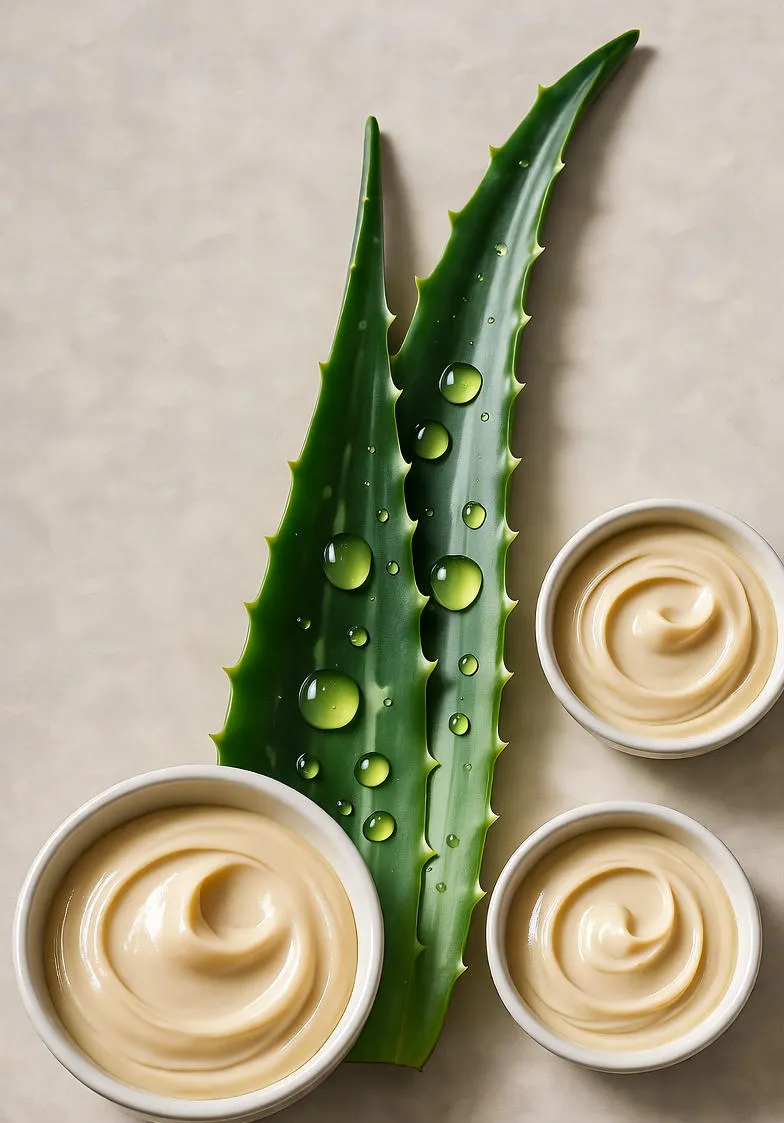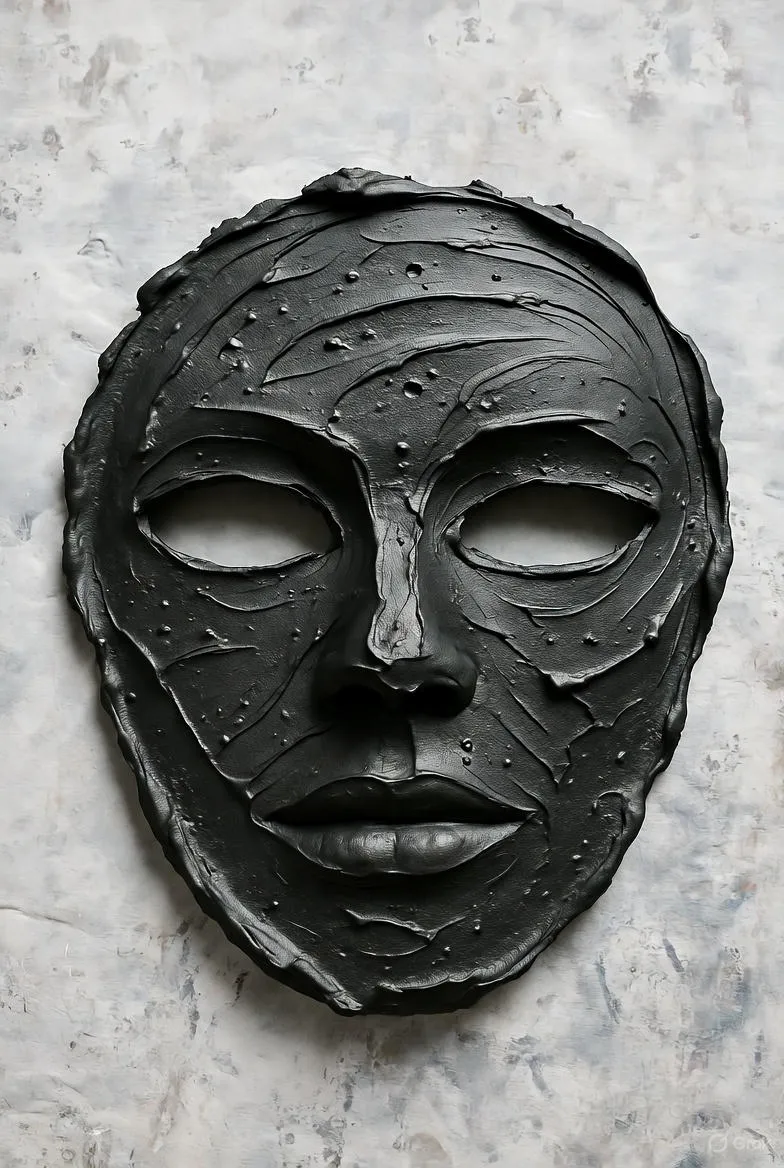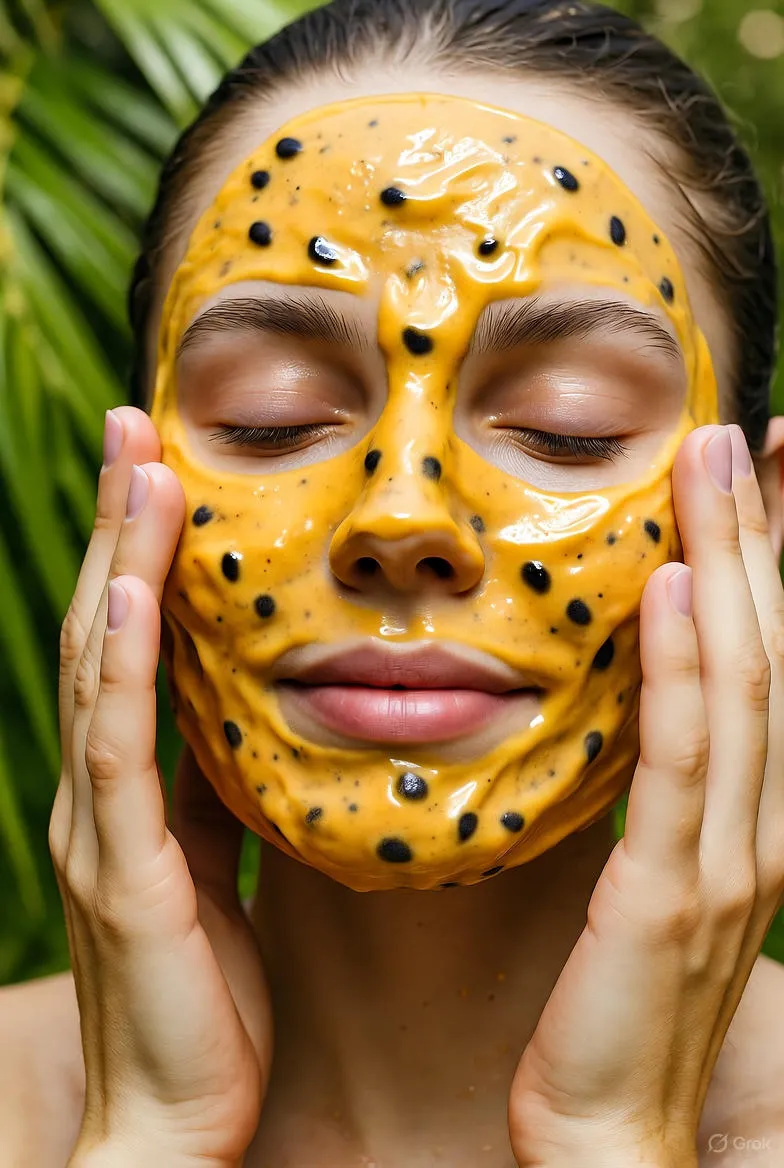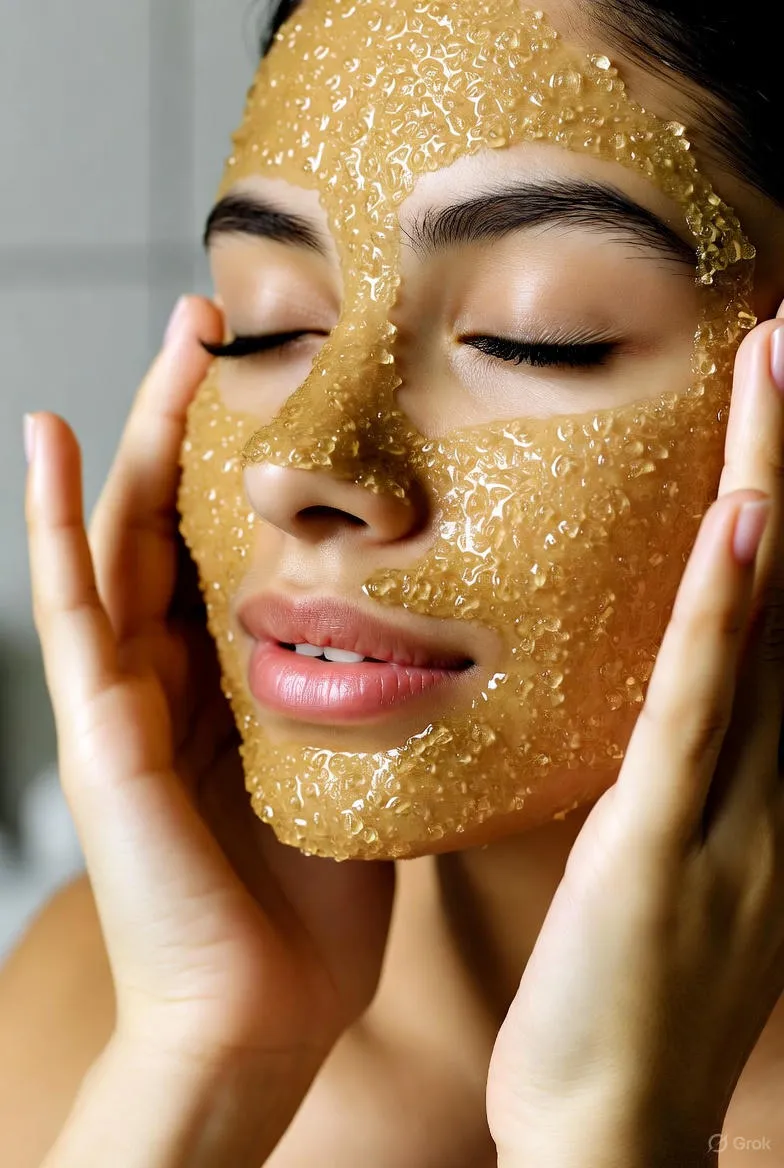Soothe Your Skin: The Ultimate Guide to Calming Aloe Face Masks for Inflammation
Explore soothing aloe vera face masks to reduce skin inflammation naturally. DIY recipes, benefits, and tips for calming redness, acne, and irritation effectively.

Introduction to Aloe Vera's Soothing Power
Aloe vera has been a staple in natural skincare for centuries, revered for its gentle, hydrating properties that can transform irritated skin. When it comes to combating inflammation—whether from acne breakouts, sunburn, or environmental stressors—aloe face masks stand out as a simple yet effective remedy. These masks harness the plant's gel-like substance, packed with vitamins, enzymes, and amino acids, to calm redness and promote healing without harsh chemicals.
In this guide, we'll explore why aloe vera is ideal for inflamed skin, share easy-to-make recipes, and offer tips for incorporation into your routine. Whether you're dealing with rosacea flares or post-shave irritation, these masks provide a cooling, restorative touch that feels like a spa treatment at home.
Understanding Skin Inflammation and Aloe's Role
Skin inflammation occurs when the body's immune response triggers redness, swelling, and discomfort. Common culprits include allergies, pollution, hormonal changes, and overzealous skincare products. While over-the-counter treatments can help, they often contain irritants that exacerbate the issue. Enter aloe vera: its anti-inflammatory compounds, like aloin and polysaccharides, work by inhibiting inflammatory pathways and boosting collagen production.
Studies highlight aloe's efficacy; for instance, research shows it reduces cytokine production, key players in inflammation. This makes it particularly beneficial for conditions like eczema or psoriasis, where soothing without stripping natural oils is crucial. Unlike synthetic creams, aloe penetrates deeply, delivering moisture and repair from within.
The Science Behind Aloe Vera for Calming Inflammation
Aloe vera's gel contains over 75 active components, including antioxidants like vitamins C and E, which neutralize free radicals that worsen inflammation. Its cooling sensation, derived from water content over 99%, provides immediate relief, while enzymes break down dead skin cells to prevent clogged pores.
For those with sensitive skin, aloe's pH level—around 4.5—mirrors the skin's natural acidity, minimizing disruption to the barrier. Regular use can even enhance elasticity, reducing the appearance of fine lines aggravated by chronic inflammation. It's no wonder dermatologists often recommend it as a first-line defense for reactive skin types.
Key Benefits for Inflamed Skin
- Hydration Boost: Locks in moisture to plump and soothe dry, flaky areas.
- Antibacterial Action: Fights acne-causing bacteria without drying out the skin.
- Wound Healing: Accelerates recovery from minor cuts or burns.
- Redness Reduction: Visibly calms flushed complexions in minutes.
Incorporating aloe masks isn't just about symptom relief; it's about nurturing long-term skin health. Over time, users report fewer flare-ups and a more even tone, attributing it to aloe's cumulative effects.
DIY Aloe Face Mask Recipes for Inflammation
Creating your own aloe face masks is straightforward, requiring minimal ingredients from your kitchen or local store. Always opt for pure, organic aloe vera gel to avoid additives that could irritate. Below are five tailored recipes, each targeting specific inflammation triggers.
Basic Cooling Aloe Mask
This foundational recipe is perfect for everyday use, offering instant relief for general redness.
- Mix 2 tablespoons of fresh aloe gel with 1 teaspoon of honey for added antibacterial properties.
- Apply a thin layer to clean skin and leave on for 15 minutes.
- Rinse with cool water and pat dry.
Honey enhances aloe's humectant qualities, drawing moisture deeper into the dermis for prolonged soothing.
Green Tea and Aloe Anti-Inflammatory Mask
Green tea's polyphenols pair synergistically with aloe to combat oxidative stress.
- Brew a strong cup of green tea and let it cool.
- Combine 1 tablespoon aloe gel, 1 tablespoon cooled tea, and a pinch of turmeric for extra anti-inflammatory punch.
- Massage onto face, avoiding eyes, and relax for 20 minutes before rinsing.
This mask is ideal for pollution-induced irritation, as the antioxidants shield against environmental damage.
Oatmeal and Aloe Soothing Blend
Oatmeal's beta-glucans provide a protective barrier, making this mask great for eczema-prone skin.
- Grind 2 tablespoons of oats into a fine powder.
- Stir in 3 tablespoons aloe gel and a splash of milk for creaminess.
- Apply generously and leave for 10-15 minutes; gently remove with a warm cloth.
The combination reduces itchiness while aloe repairs the skin's moisture barrier.
Cucumber and Aloe Hydrating Mask
For sunburn or heat-related inflammation, this duo delivers a refreshing chill.
- Blend half a cucumber with 2 tablespoons aloe gel until smooth.
- Strain if desired for a lighter texture, then apply to affected areas.
- Leave on for 20 minutes and rinse with lukewarm water.
Cucumber's silica complements aloe's silica content, promoting firmness alongside calm.
Lavender Oil-Infused Aloe Mask
Aromatherapy meets skincare in this relaxing option for stress-triggered inflammation.
- Mix 2 tablespoons aloe gel with 2-3 drops of lavender essential oil.
- Ensure the oil is diluted to prevent sensitivity; apply and unwind for 15 minutes.
- Rinse and follow with a light moisturizer.
Lavender's calming scent reduces cortisol, indirectly easing skin flares.
These recipes are versatile—adjust ratios based on skin needs, and always patch-test new ingredients on your inner arm.
How to Apply Aloe Face Masks Effectively
Application technique matters as much as ingredients. Start with a gentle cleanse using a non-foaming cleanser to remove impurities without stripping oils. Pat skin dry, then use clean fingers or a brush to spread the mask evenly, focusing on inflamed zones like cheeks or forehead.
Enhance absorption by lying down during the mask's duration, perhaps with a cool compress over it for amplified cooling. Post-rinse, spritz with a hydrosol or apply a serum to seal in benefits. Frequency? Twice weekly for maintenance, or daily during acute inflammation, but monitor for over-saturation.
For best results, store homemade masks in the fridge for up to three days, as the chill intensifies the soothing effect. Consistency is key; pair with a gentle routine—think fragrance-free products—to maximize aloe's potential.
Precautions and Tips for Safe Use
While aloe is generally safe, those with latex allergies may react to aloin, so choose decolorized gel. Pregnant individuals should consult a doctor before using essential oil variants. If irritation occurs, discontinue and seek professional advice.
Source quality matters: Fresh leaves yield the purest gel—simply slice, scoop, and blend. Commercial options should list aloe as the first ingredient, free from alcohol or parabens. Combine masks with lifestyle tweaks, like a diet rich in omega-3s, for holistic inflammation management.
Real Stories: How Aloe Masks Changed Skins
Countless users swear by aloe masks. Take Sarah, a 32-year-old with rosacea: "After a week of the green tea recipe, my redness halved—no more foundation camouflage." Or Mike, battling post-gym breakouts: "The oatmeal blend calmed my skin overnight, saving my date night." These anecdotes underscore aloe's accessibility and efficacy.
Professionals echo this; estheticians often recommend aloe as a post-treatment soother. In clinical settings, it's used for burn recovery, proving its versatility from home to hospital.
Enhancing Your Routine with Aloe Masks
Beyond masks, integrate aloe into toners, spot treatments, or overnight gels. For inflammation hotspots, dab pure gel directly. Seasonal adaptations help too—thicker blends in winter, lighter in summer.
Sustainable sourcing supports ethical farming, preserving aloe's benefits for future generations. Experiment, listen to your skin, and enjoy the ritual; skincare is self-care, after all.
Conclusion: Embrace the Calm
Aloe face masks offer a natural, affordable path to inflammation-free skin. With their ease and potency, they're a game-changer for anyone seeking gentle relief. Start simple, stay consistent, and watch your complexion glow with renewed serenity.


